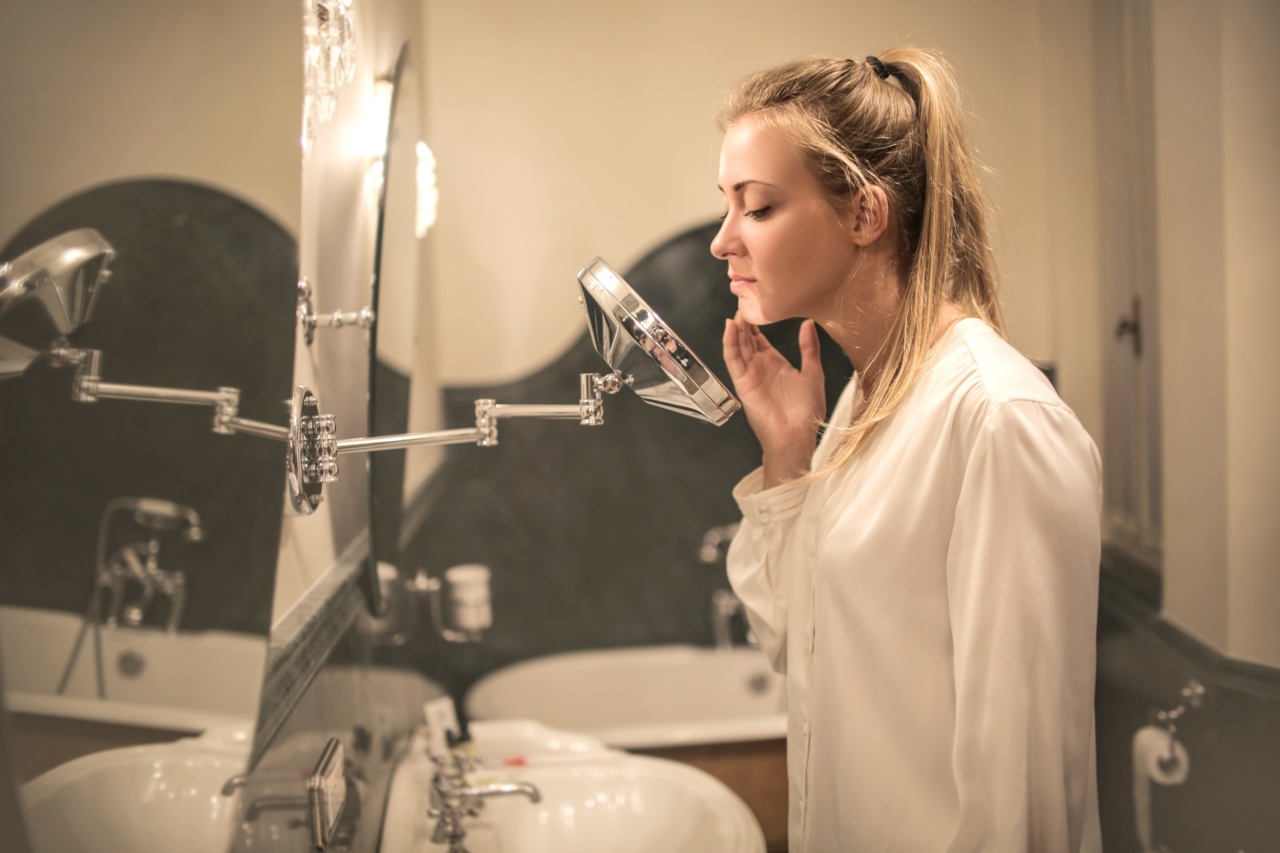Oily skin is a common skin concern that affects many people. It is characterized by overproduction of sebum, a waxy substance produced by the sebaceous glands in our skin.
When excess sebum combines with dead skin cells and bacteria, it can clog pores and lead to the formation of acne. Dealing with oily skin and acne can be frustrating, but with the right skincare routine and lifestyle changes, you can keep your skin clear and healthy.
1. Cleanse your face twice a day
A gentle and effective cleansing routine is essential for managing oily skin and preventing acne breakouts. Wash your face with a mild, oil-free cleanser twice a day, once in the morning and once at night.
Avoid using harsh cleansers or scrubbing your face vigorously, as this can strip away the skin’s natural oils and lead to increased oil production.
2. Use a toner
Toners help balance the pH level of the skin and remove any residual dirt or impurities that the cleanser may have missed.
Look for alcohol-free toners that contain ingredients like witch hazel or salicylic acid, which help control oil production and prevent breakouts. Apply the toner using a cotton pad or by gently patting it onto your face with your fingertips.
3. Don’t skip the moisturizer
Many people with oily skin make the mistake of skipping moisturizer, fearing that it will make their skin even oilier. However, moisturizing is essential for all skin types, including oily skin.
Opt for lightweight, oil-free moisturizers that are non-comedogenic, meaning they won’t clog your pores. These moisturizers provide hydration without adding extra oil to your skin.
4. Exfoliate regularly
Exfoliating helps remove dead skin cells and unclog pores, preventing the buildup of oil and bacteria. However, be cautious not to over-exfoliate, as it can irritate your skin and lead to increased oil production.
Choose gentle exfoliators that contain ingredients like salicylic acid or glycolic acid, and limit exfoliation to once or twice a week.
5. Use oil-absorbing products
To combat excessive oiliness throughout the day, consider using oil-absorbing products. These products, such as blotting papers or oil-control powders, help absorb excess oil without disturbing your makeup.
Gently press the blotting paper or apply the powder to areas of your face that tend to get oily, such as your T-zone.
6. Avoid touching your face
As tempting as it may be, avoid touching your face throughout the day. Our hands come into contact with numerous surfaces, picking up bacteria and dirt along the way.
Touching your face can transfer these impurities to your skin, potentially leading to acne breakouts. If you need to touch your face, make sure to wash your hands thoroughly beforehand.
7. Choose non-comedogenic makeup
If you wear makeup, opt for non-comedogenic or oil-free products. These products are specially formulated not to clog your pores, reducing the chances of acne breakouts.
Look for labels that say “non-comedogenic” or “oil-free” when selecting foundation, concealer, or any other makeup products. Additionally, remember to remove your makeup before going to bed to allow your skin to breathe and regenerate overnight.
8. Eat a balanced diet
Your diet can also influence your skin’s health. Avoid greasy and fatty foods, as they can contribute to oily skin and breakouts. Instead, opt for a balanced diet rich in fruits, vegetables, whole grains, and lean proteins.
These nutritious foods provide essential vitamins and minerals that benefit your skin and overall health.
9. Manage stress levels
Stress can trigger hormonal imbalances in your body, leading to increased sebum production and potential breakouts. Implement stress management techniques such as regular exercise, meditation, or engaging in activities you enjoy.
Taking care of your mental well-being can have positive effects on your skin.
10. Consult a dermatologist
If you’ve tried various skincare methods and still struggle with oily skin and persistent acne, it may be time to seek professional help.
A dermatologist can assess your skin’s condition, provide personalized recommendations, and prescribe medication if needed. They can also perform treatments like chemical peels or extractions to help improve your skin’s texture and appearance.

























